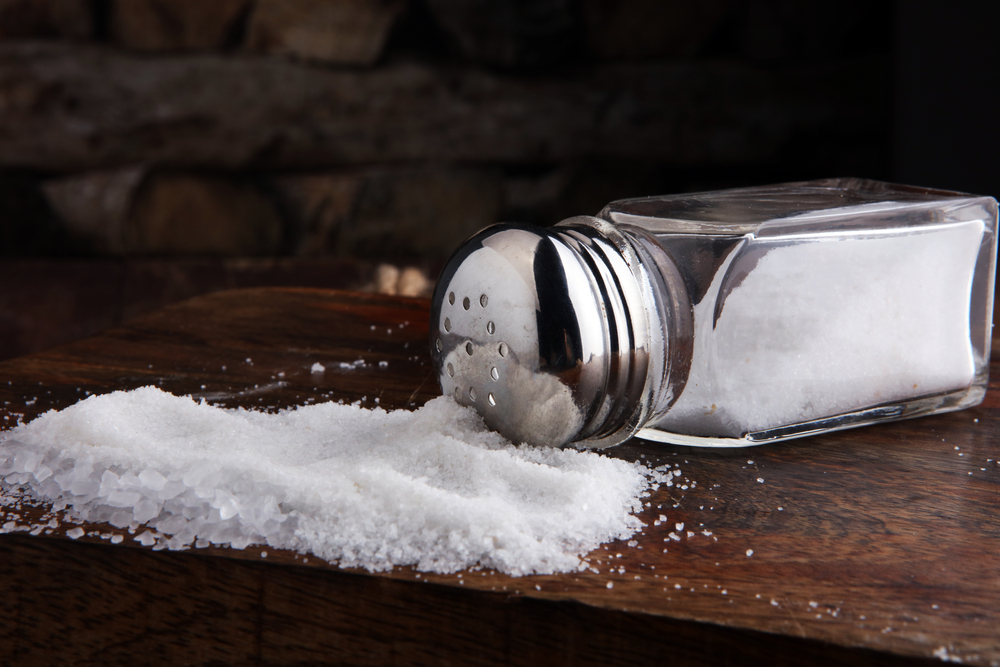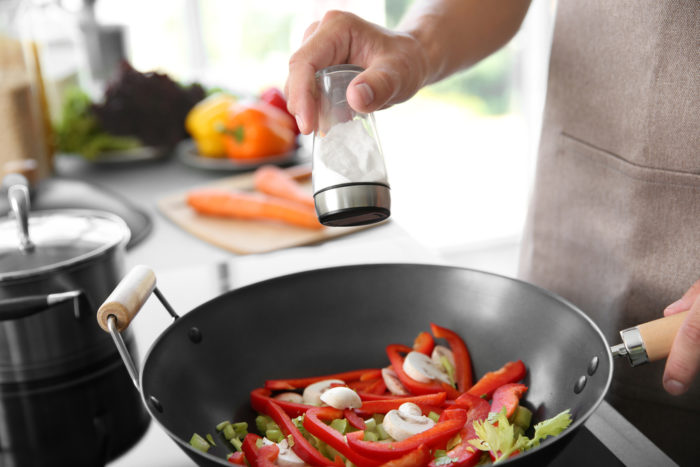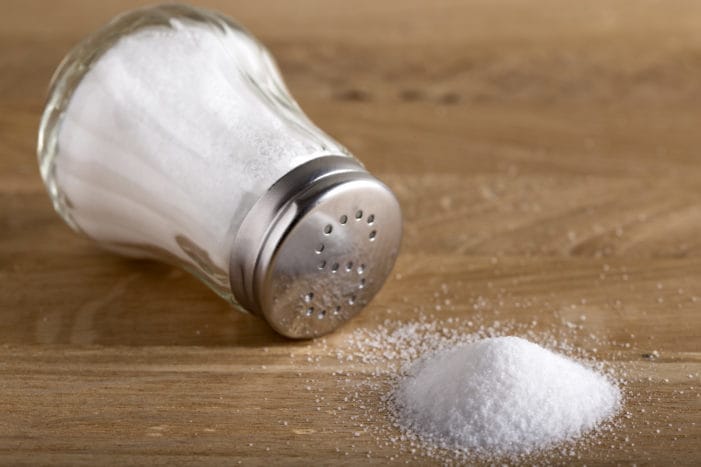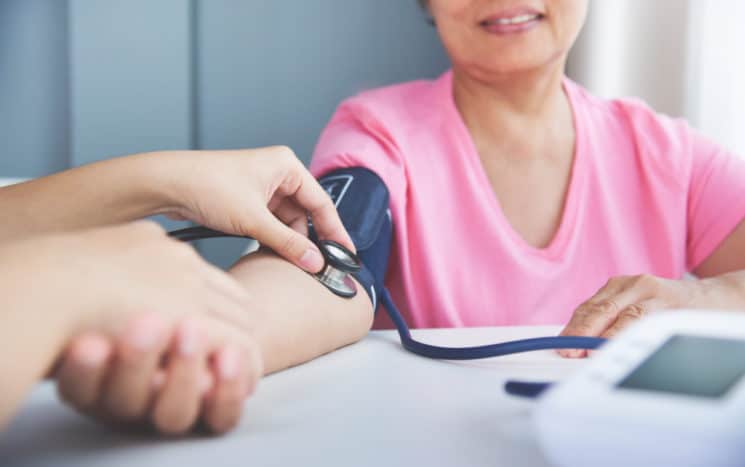Contents:
- Medical Video: The Latest on Salt & High Blood Pressure - Dr. Sam Daya
- The relationship between salt and hypertension
- Maybe you are sensitive to salt
- Is it just salt suspect?
- The key is balanced intake
Medical Video: The Latest on Salt & High Blood Pressure - Dr. Sam Daya
Salt also known as sodium chloride is a compound composed of 40% sodium and 60% chloride. Both are electrolytes which play an important role in health. Electrolytes are atoms with an electric charge in body fluids. There are many effects on the work of the human body.
Sodium, for example, plays a role in muscle contraction, nerve function, and regulates blood volume and pressure. Sodium deficiency due to sweating or loss of fluid can cause muscle cramps. Meanwhile, chloride helps maintain fluid balance in cells so that the volume and blood pressure remain stable.
So if these two minerals are really important, why do many say that salt causes hypertension, aka high blood pressure?
The relationship between salt and hypertension
About 95 percent of hypertensive people are diagnosed with primary hypertension, which is when the cause of this condition is unknown. While secondary hypertension is hypertension caused by other diseases and can still be cured.
In primary hypertension, there are many factors that are said to increase the risk of hypertension, including salt intake. Yes, many say that salt causes hypertension. In fact, the reality is not that simple.
Disposal of residual fluid in the body by kidney organs depends on the balance of sodium and potassium to bind water and deliver it to the bladder. Most salt intake will damage the balance of sodium and potassium, making it difficult for the kidneys to work properly. What then happens is retention (accumulation) of fluid followed by an increase in blood pressure.
Most salt intake also causes pressure that weakens the arterial wall. This depressed artery will thicken and become narrower, so that blood pressure rises even further. In the end, the arteries will break or become blocked.
The organ that is connected to the damaged artery is then lacking oxygen. Lack of oxygen can cause organ damage. If this occurs in the coronary arteries that supply the heart, you can experience a heart attack.
Maybe you are sensitive to salt
Hypertension is a health condition that is influenced by genetic factors (heredity) and lifestyle. Although research has proven that salt is one of the main factors triggering hypertension in terms of lifestyle, the risks vary for everyone.
Experts find that some people may be fine even though their diet is high in salt. However, there are also those who experience high blood pressure or flatulence if most salt. This condition called sensitive to salt can be experienced by anyone, whether they have hypertension or not.
Sensitive to salt is a condition inherited from the family. People with this condition need to monitor their salt intake carefully. Besides heredity, there are more things that determine how your blood pressure reacts to salt.
- Gender: Women experience more sensitivity to salt than men.
- Age: People over 45 years may be more sensitive to salt.
- Obesity.
- Have a medical condition: Hypertension, diabetes, and chronic kidney disease can increase your risk of being sensitive to salt.
According to the American Heart Association, about more than 50 percent of hypertensive people are sensitive to salt. In fact, 1 in 4 people with normal blood pressure is actually sensitive to salt and at risk of developing hypertension due to today's high-salt diet.
Is it just salt suspect?
We cannot just accuse salt of causing hypertension. According to research in the Open Heart journal, excessive sugar consumption can also make blood pressure soar. This is because most sugar in the body will increase insulin levels. From there, high insulin activates the sympathetic nervous system. The body will respond by stimulating the heart rate and increasing blood pressure. In addition, the receptors responsible for regulating blood pressure levels are impaired.
A high-sugar diet, even if only a few weeks, is reported to have a significant effect on blood pressure. Even the impact is bigger than the high-salt diet. In a separate study, people who drank 700 ml of sweet drinks showed an increase in blood pressure in just a few hours after.
The key is balanced intake
Although limiting salt intake is good, lack of salt can also be dangerous. So, you do not need to abstain from salt at all for fear of salt causing hypertension. Which is highly recommended to reduce salt, especially people who are sensitive to salt.
The best way to start limiting salt is to reduce the consumption of instant foods in the packaging. Because, about 77% of daily sodium is usually obtained from packaged foods (frozen meat, processed cooking spices, and canned food).
Reducing packaged foods will also encourage you to eat foods high in vitamins, minerals, fiber, and other important nutrients. Especially if accompanied by a balanced intake of magnesium and potassium, you don't need to worry too much about whether salt causes high blood pressure.
















